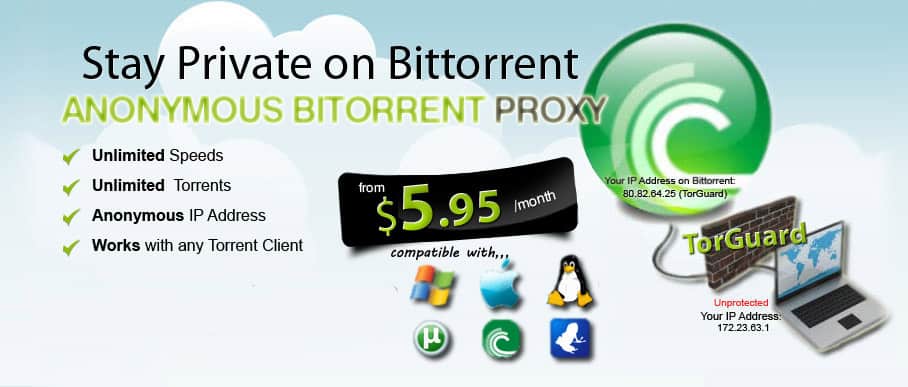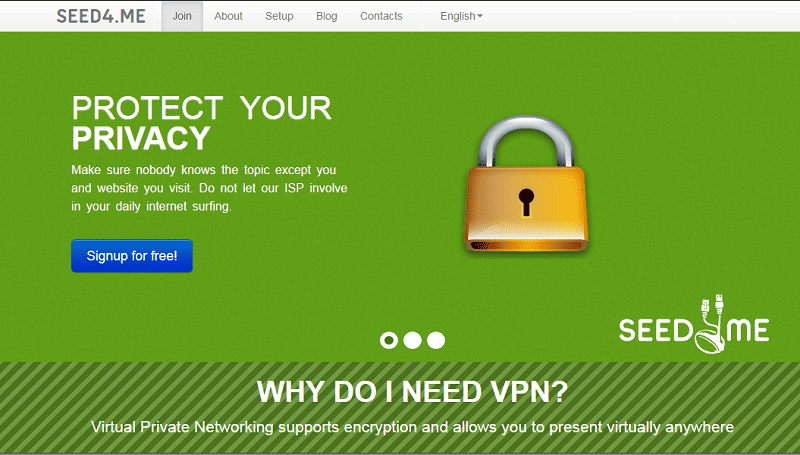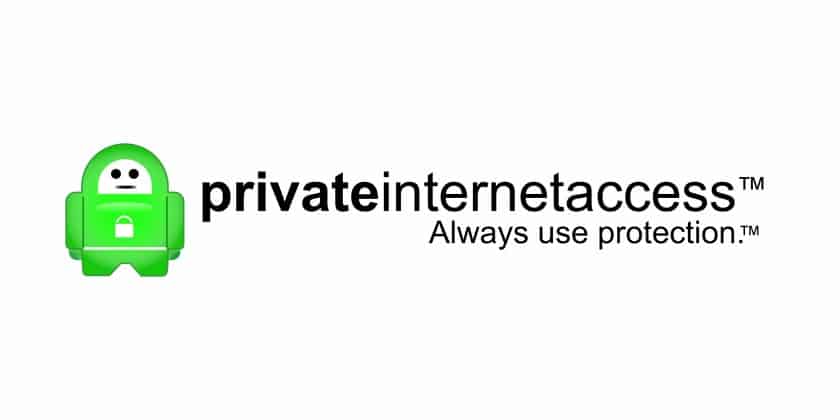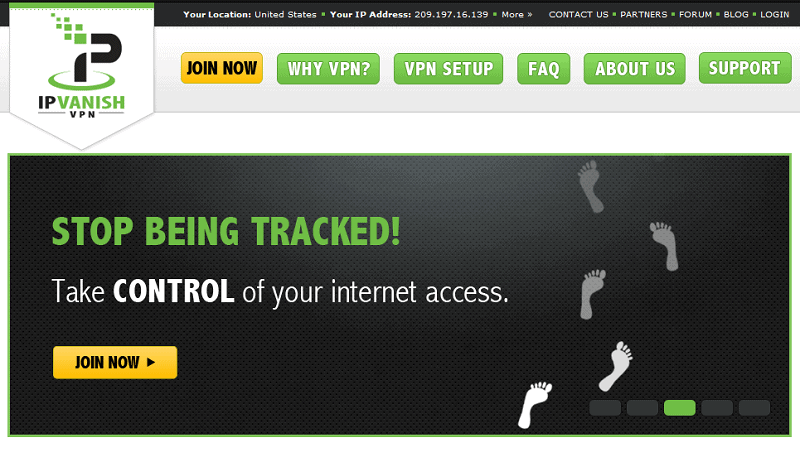Interview with TorGuard VPN
Interview with TorGuard VPN
0) Please tell us, what is your role (in the VPN company, where do you stand, owner, marketer, advertiser etc)?
My name is Ben Van Pelt and I am the current founder/CEO of TorGuard.net. Our small full time staff works from the cloud and is comprised of 10 highly dedicated individuals spread around the globe. The network engineering staff is currently located in the Netherlands, our software developers are from Germany, and we maintain a customer service team which splits operations between the US and Croatia. The VPN router store is also located within the US and currently fulfills orders worldwide.
1) Does TorGuard keep any logs, IP Addresses, Timestamps, Bandwidth caps, Traffic or other data?
This is a big NO. From day 1 our development team has custom engineered the software which powers all VPN, Proxy and user authentication servers and we fully maintain the code 100%. For this reason I can confidently say our network is configured in a way that NO user activity is logged whatsoever. It is simply impossible for our technicians to trace any request back to any single user as there are sometimes hundreds of users sharing a single VPN connection/IP at any given time. Don’t just take my word for it though; the proof lies in how we handle abuse. For example, if a given user were to misbehave and use the service for spamming/ddos, rules would be implemented in that specific server which would limit actions for everyone connected, not just one user. Since we have an obligation to provide fast, abuse free services, our team handles abuse reports per server – not per single user.
The only time we log a user’s session IP is during the checkout processes and this is strictly for credit card fraud prevention purposes. (This is also stated on the checkout page.) For those who do not wish to use traditional payment methods during checkout, we also provide a “Pre-Paid PIN” system which allows clients to obtain pre-paid access while keeping financial info completely anonymous. These PIN codes are currently available for purchase in our store, eBay, and coming soon to Amazon.
2) What type of Encryption do you use?
TorGuard’s network gives clients two encryption options: Blowfish CBC 128bit and AES 256 bit encryption. While some may argue that blowfish (BF) is outdated, there is absolutely no evidence that any agency has come even close to cracking it. We continue to offer BF due to popular demand as it provides a speed advantage, however paranoid users are encouraged to connect using AES 256. Our “stealth” AES256 servers utilize traffic obfuscation to allow those in countries like China and Iran to easily bypass VPN blocking methods. Later this November we will also be introducing a free SSH tunneling addon for all clients.
3) Where are your servers located and what jurisdiction do you operate under?
Our servers are currently located in state of the art data centers and spread across 20 different countries. TorGuard is a privately owned company with parent ownership based in Nevis and our headquarters currently located in the US. Our legal representation at the moment is comfortable with the current corporate structuring however we wouldn’t hesitate to move all assets internationally should the ground shift beneath our feet. We are in the business of privacy and would rather “burn it to the ground” than compromise these values.
4) How do you generally handle requests from law enforcement and copyright agencies?
We do not communicate with any third party without first receiving a court order to do so, period. This scenario has never occurred, but if it were to, we would be forced to explain in more technical terms how we don’t maintain any usage logs.
5) Do you have access to all your servers, and does the datacenter you use log?
TorGuard currently maintains 250+ servers in 20 countries and is expanding every month. We only utilize data centers which meet our strict security criteria and TG’s own staff privately manages, deploys and configures each server “in house”. Once a server is deployed, all password access is disabled leaving the server only accessible by our staff through a single private key. In this way it is not possible for any of our data centers or hosting partners to silently record or log traffic.
Personally, I gave up remote access to our network over a year ago for security purposes leaving a single individual, our lead network engineer with access to these servers. This trusted employee is a fulltime TorGuard engineer and is located well outside US borders. To date, this is the only person capable of accessing our servers.
6) Does your service support bittorrent?
As the name “TorGuard” suggests, yes – we are torrent friendly. Our servers are optimized for torrent downloads and we also offer easy to use proxy software which is compatible with utorrent, bittorrent, deluge and Vuze. Using the proxy software alongside a VPN allows the user to easily tunnel torrent traffic through a specific country while protecting the VPN session against accidental disconnects.







Great article Brandon. The DNS option is better than using a VPN regarding content streaming because you can achieve direct connection with the media station ex. Netflix and avoid the “middle-man”. Personally, I am using UnoTelly which is similar to Unblock-us (or other DNS service). Perhaps you should check UnoTelly as well if you haven’t done so.